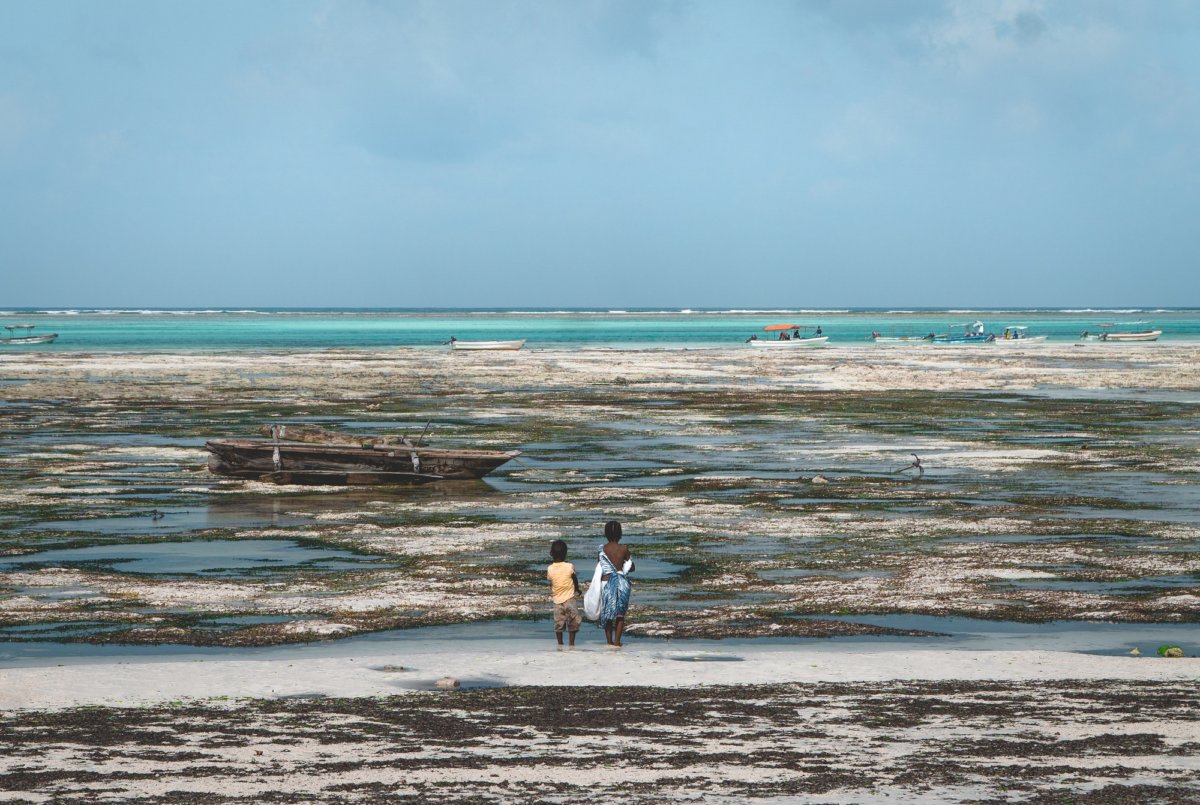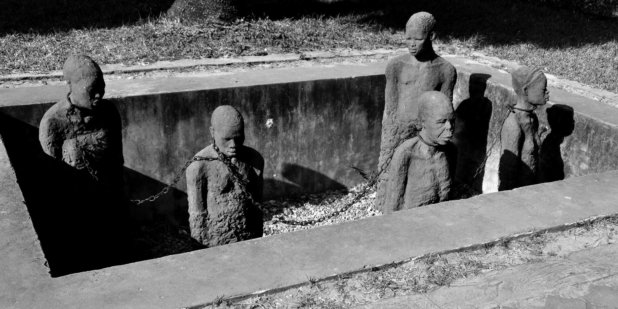- About
- Topics
- Picks
- Audio
- Story
- In-Depth
- Opinion
- News
- Donate
- Signup for our newsletterOur Editors' Best Picks.Send
Read, Debate: Engage.
Over the years, global attention and discussions on slavery have primarily focused on the Trans-Atlantic slave trade, dominated by American and European merchants. However, another equally significant trade has been largely overlooked and, in some cases, treated as a taboo subject, despite its profound impact on Africa, its people and their way of life across generations.
The Arab Muslim slave trade, also known as the Trans-Saharan or Eastern slave trade, is recognised as the longest in history, spanning over 1,300 years. It forcibly removed millions of Africans from their homeland, subjecting them to brutal conditions while they laboured in foreign lands.
Scholars have referred to it as a "veiled genocide," a term reflecting the extreme humiliation and near-death experiences endured by the enslaved, from their capture in slave markets to their forced labour abroad and the harrowing journeys in between.
While the exact number of Africans captured in the Trans-Saharan slave trade remains disputed, most scholars estimate the figure to be around nine million.
The Eastern slave trade in Africa was primarily concentrated in the East and West African regions. In East Africa, the coastal region was the main route, with Tanzania's Zanzibar archipelago becoming a central hub for this trade.
"The Arabs raided sub-Saharan Africa for thirteen centuries without interruption," reads a loosely translated excerpt from The Veiled Genocide, a book by Tidiane N'Diaye, a Franco-Senegalese author and anthropologist. "Most of the millions of men they deported have disappeared as a result of inhumane treatment. This painful page in the history of black people has apparently not been completely turned."
 In East Africa, the coastal region served as the primary route for the slave trade, with Zanzibar functioning as its central hub.
In East Africa, the coastal region served as the primary route for the slave trade, with Zanzibar functioning as its central hub.
Enterprising Arab merchants and middlemen would gather in Zanzibar to acquire raw materials such as cloves and ivory. They would then purchase enslaved Africans, who were forced to carry these goods and labour on plantations abroad. Slaves from as far as Sudan, Ethiopia and Somalia were brought to the Zanzibar market and shipped across the Indian Ocean to the Persian Gulf and Arabian Peninsula, where they were forced to work in places like Oman, Iran, Saudi Arabia and Iraq.
Notably, African Muslims were exempt from enslavement due to Islamic legal views.
The Trans-Saharan Caravan focused on the West African region, stretching from the Niger Valley to the Gulf of Guinea, following the Trans-Saharan routes to slave markets in the Maghreb and Nile Basin. The journey, which could last up to three months, subjected slaves to brutal conditions, with many succumbing to disease, hunger and thirst along the way.
It is estimated that 50 per cent of the enslaved individuals in this trade died during transit.
While European merchants primarily sought strong young men to work as labourers on their plantations, Arab merchants focused on concubinage, capturing women and girls to serve as sex slaves in harems. In fact, the demand for female slaves was so high that merchants would often double their price, with the ratio of captured women to men being three to one.
Male slaves were often assigned to work as field labourers or guards at harems. To prevent them from reproducing in case they became intimate with female slaves, men and boys were subjected to castration, a brutal procedure that resulted in the deaths of many during the process.
"The castration of black male slaves in the most inhumane manner altered an entire generation, as these men could not reproduce," said Liberty Mukomo, a lecturer at the University of Nairobi Institute of Diplomacy and International Studies.
"The Arab masters sired children with the black female slaves. This devastation by the men saw those who survived committing suicide. This development explains the modern black Arabs who are still trapped by history."
What made the Arab slave trade particularly brutal and painful, he pointed out, was the degree and intensity with which it disrupted the entire social, reproductive and economic lives of Black people, leaving a deep and lasting impact on their communities.
While Europe, a major player in the African slave trade, abolished the practice centuries ago and the United States officially ended it in 1865, many Arab countries continued the trade well into the 20th century.
It ultimately took significant international pressure, disruption of trade, and revolts by enslaved people to bring an end to the practice, Mukomo said.
In Malawi, slavery was officially criminalised as recently as 2007, with reports suggesting that some Arab countries may still be involved in the practice, albeit clandestinely.
